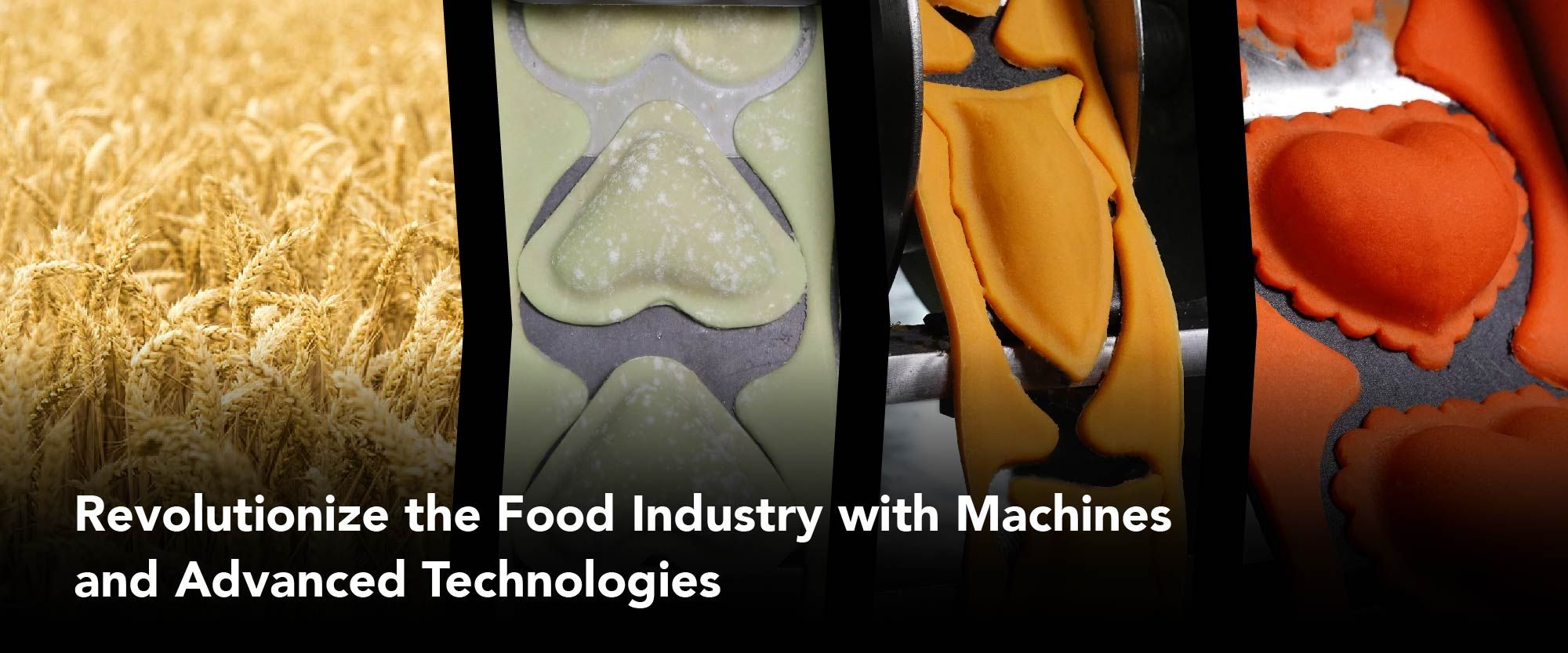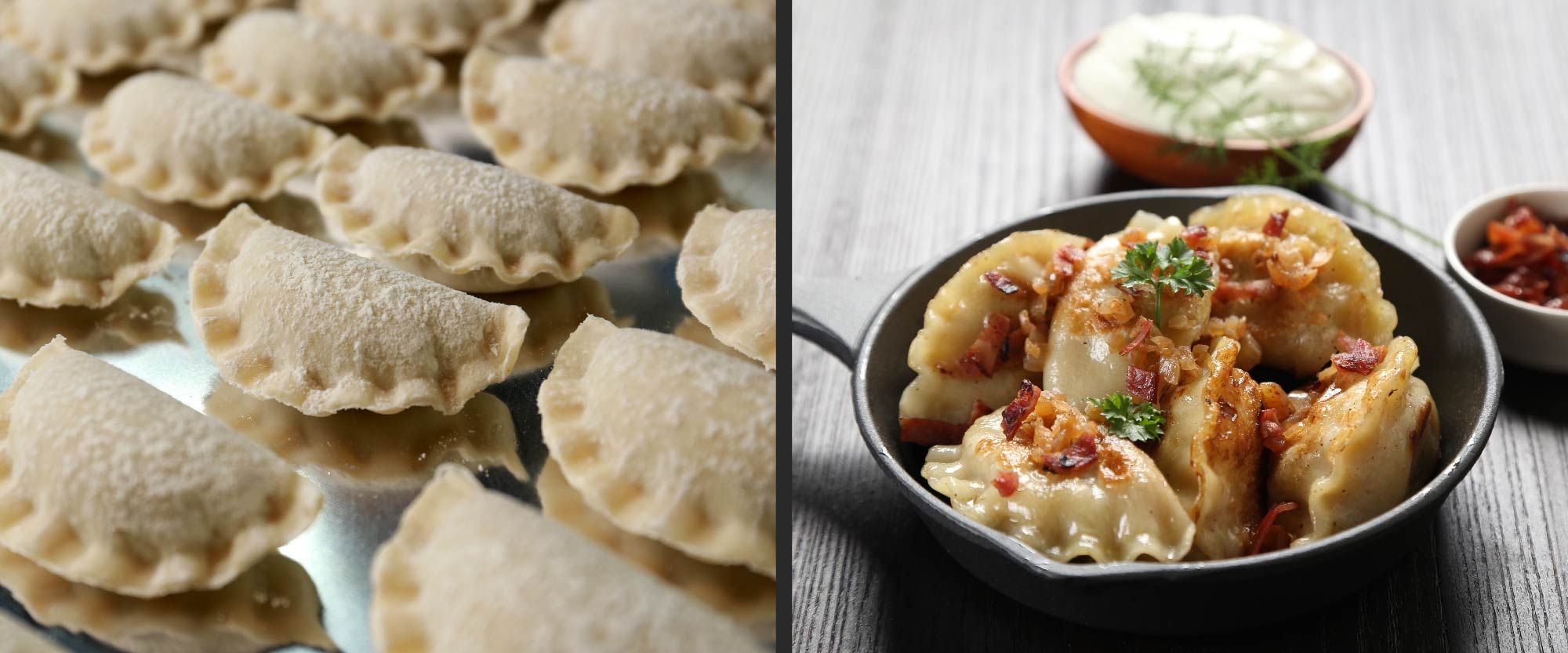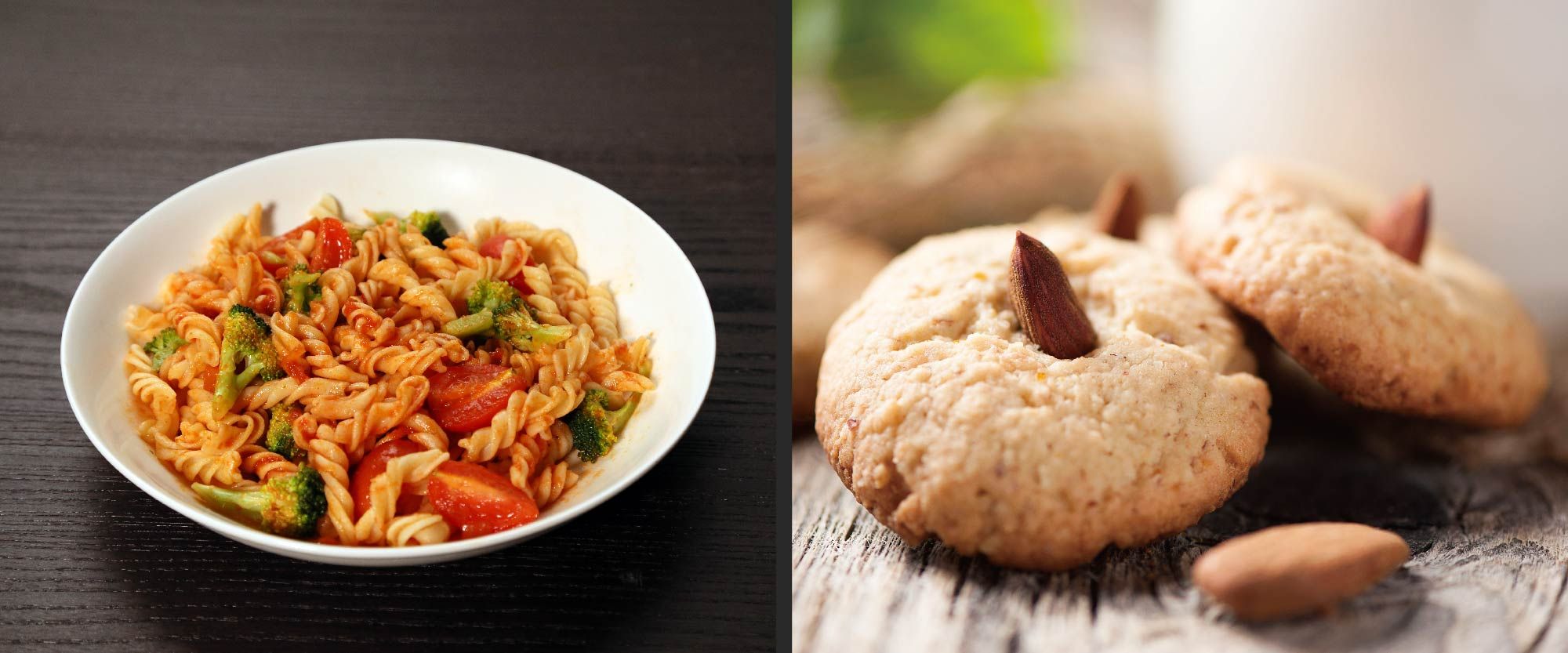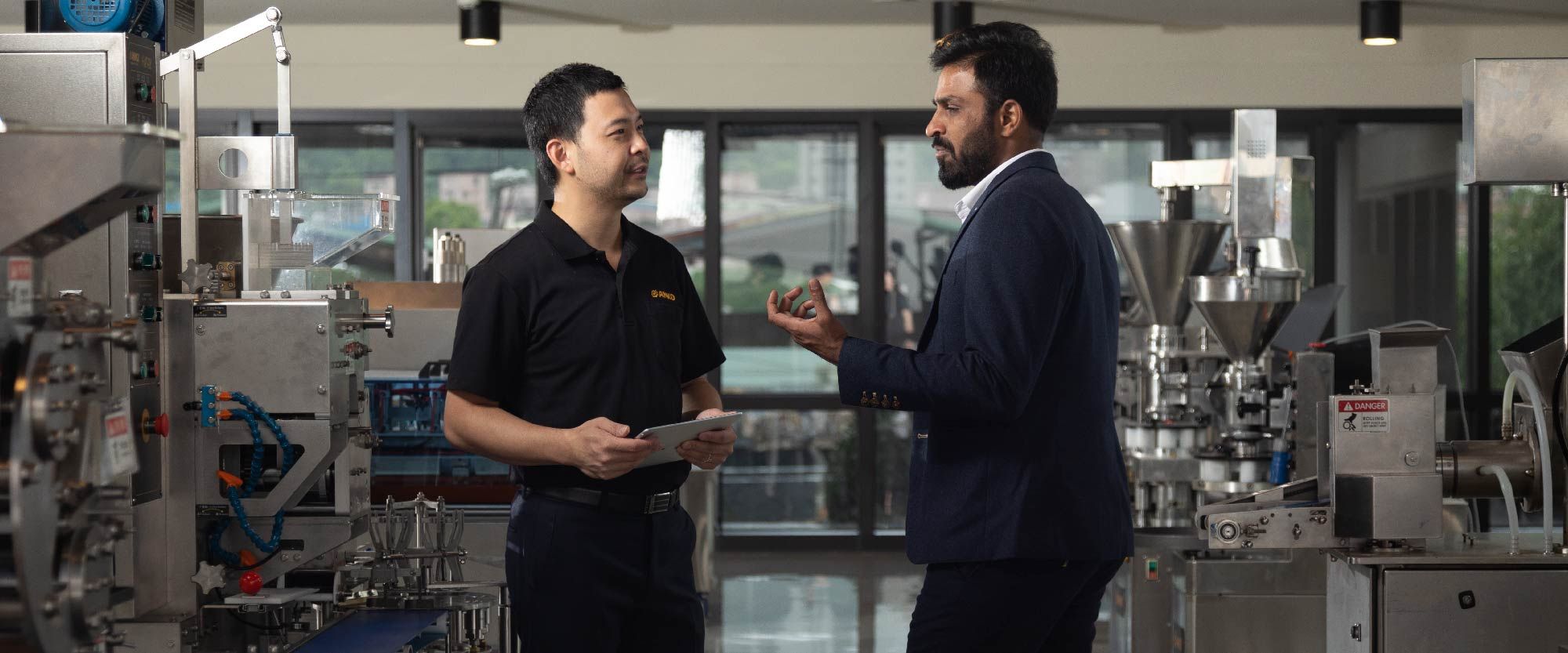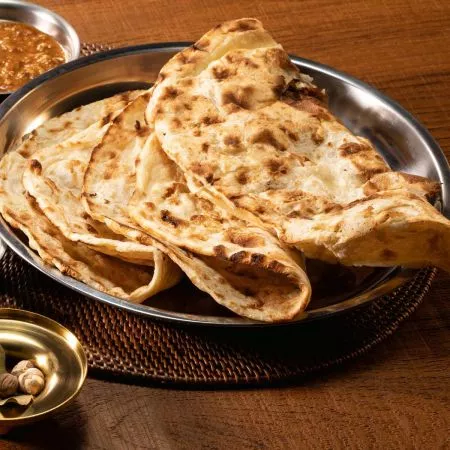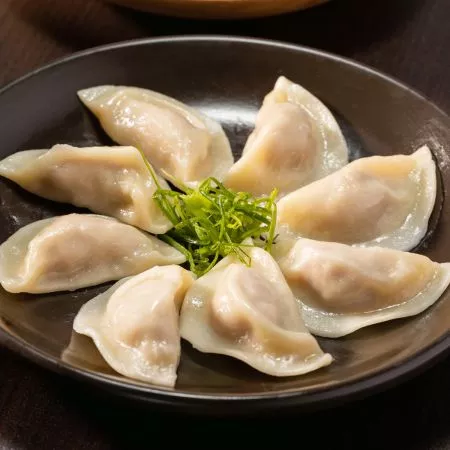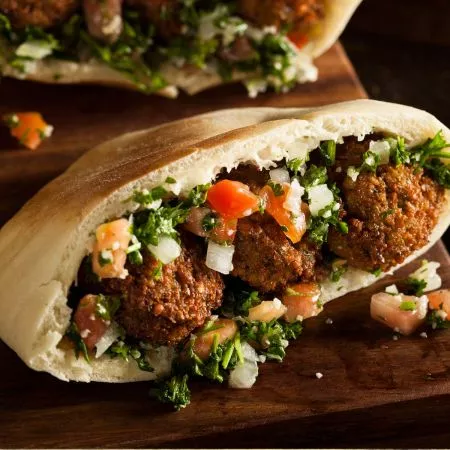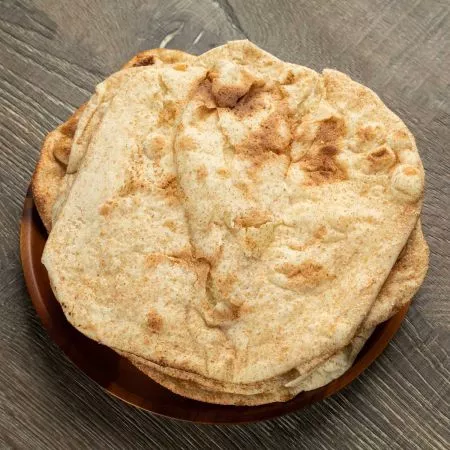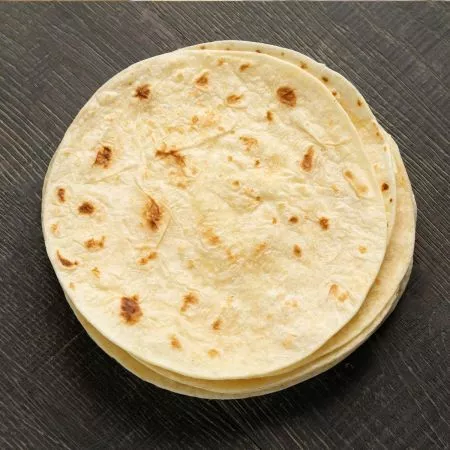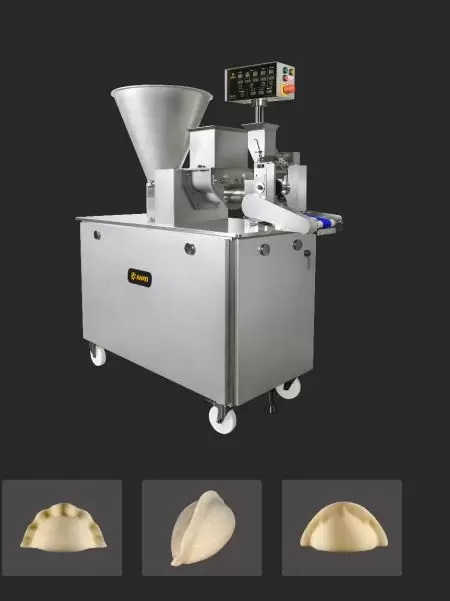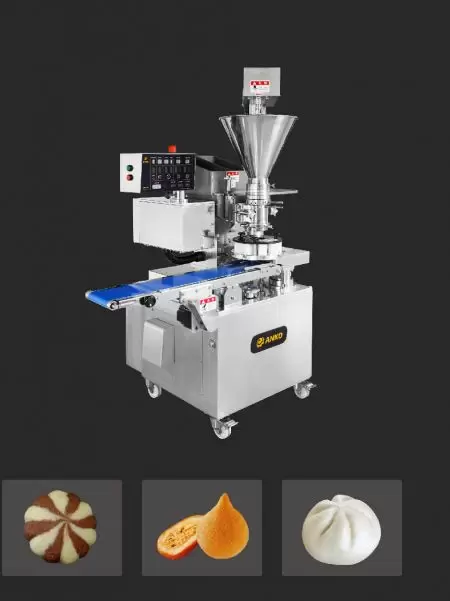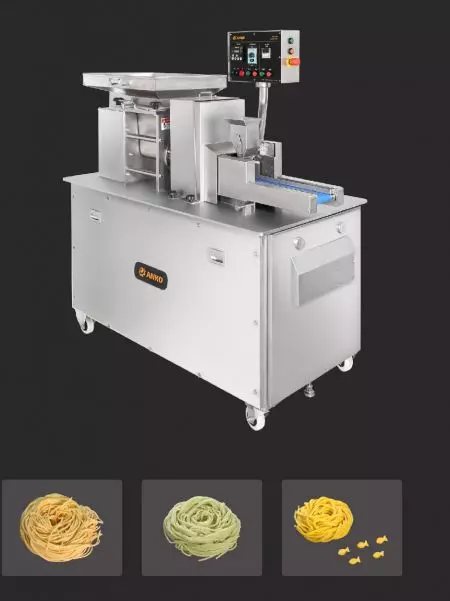Upcycling Surplus Food to Create New Business Opportunities
02 Oct, 2023Globally over one hundred million people are suffering from hunger. To counter this, countries around the world are finding opportunities to reuse surplus food to create delicious and nutritious meals. This not only feeds more people, but also benefits the Global Environment.
In 1979, the United Nations Food and Agriculture Organization formally declared October 16th as "World Food Day" to address global concerns over hunger, food insecurity, and malnutrition. The purpose of this designation was to create awareness about global food development and to address hunger alleviation through humanitarian aid. According to a recent assessment, approximately 600 million people worldwide will experience hunger due to long-term food shortages by 2030. Food waste and inequitable distribution have become widespread global issues; exacerbated by international conflicts, economic repercussions, extreme weather, and other causes, it is now a Global food crisis.
Reducing and Reusing Food Waste is becoming a Global Trend
According to the World Wide Fund for Nature, around one-third of the 2.5 billion tons of food consumed each year is lost or wasted. Severe food waste not only causes economic losses, but also harms the environment. Food, currently wasted, if used properly, could feed millions of people in need, and this is why countries worldwide have taken actions to reduce food waste. In France, for example, the government prohibits supermarkets from throwing away edible food, instead they are encouraged to donate these food products to charitable organizations. Restaurants and bars in Spain are required to provide free takeaway [to go] services, and stores are required to lower prices on products that are close to their expiration date. Companies and businesses that donate food in Italy can earn tax breaks proportional to the value of the donated commodities offsetting waste disposal taxes. Furthermore, several countries are cooperating with charities and food banks to donate safe-to-eat food to those in need, as well as reusing non-consumable food as animal feed or compost instead of direct disposal. In many enterprises, AI-based recording technologies enable major food factories and central kitchens to track the types and quantities of discarded food, allowing purchase levels to be adjusted accordingly.
Rescuing Food from being Wasted – A Global Effort
An Innova Market Insights survey found that many consumers are willing to pay more for products, and services that address food waste; approximately 63% of consumers prefer to dine at restaurants that actively reduce food waste. In the UK, "The Real Junk Food Project" involves local communities to “harvest” and source surplus food directly from supermarkets, local stores, wholesalers, and retailers. Chefs then creatively transform this “harvest” into delicious dishes to feed people in need, and by doing so, it reduces food waste significantly. The Danish-created app "Too Good To Go" allows consumers to search for surplus food in their local communities and purchase it at discounted prices. This app now has tens of millions of users in Europe and North America. In the United States, a food "labeling revolution" is underway, replacing expiration dates with "best-by" dates to reduce food waste. In India, researchers have developed a new food-grade coating made from oats and wheat that can be applied to the surface of fresh fruits, effectively extending their shelf life, thus reducing fruit losses. In Taiwan, convenience stores and supermarkets run campaigns to reduce food waste by offering discounts on soon-to-expire items, striking a balance between saving money, and caring for the environment.
"Upcycled Food" Unlocks New Market Opportunities with Creative Innovations
As of 2023, the Global population has exceeded 8 billion people, and forecasts indicate that food demand will increase by 60% over the next thirty years as the global population continues to grow. In addition to reducing food waste, countries are beginning to transform edible surplus and unused food into "upcycled foods," which is not only environmentally friendly but also helps feed millions of people. According to a report by Allied Market Research, the upcycled food market is expected to reach $97 billion by 2031, with a compound annual growth rate (CAGR) of 6.2%. The well-known American upcycled food brand “Regrained” upcycles brewer’s spent grains into nutrient-rich flour for making products like Pastas, Pizzas, Nutrition bars, and Bread. Another brand, “Brewers Foods”, also uses their spent grains to make Cookies, Pita Chips, and Crackers. “Wholy Greens” uses surplus vegetables to produce Pastas that rich in dietary fiber with flavors that include Spinach, Carrots, Pumpkins, and Beetroots.
Additionally, surplus food can also be used for animal feed benefiting the environment and reducing food waste. Start-up company “Bright Feeds” collects various types of surplus food and uses advanced technology and artificial intelligence to produce high-quality animal feed suitable for various animals, including poultry, pigs, and aquaculture. Upcycled food challenges the creativity of food industry professionals to bring valuable new products to the market and creating new business opportunities.
Mr. Richard, Ouyang, General Manager of ANKO Food Machine Co., Ltd., is aware of Food Sovereignty, and the importance of International Affairs. Mr. Ouyang believes that food machinery equipment can reprocess poorly presented or surplus crops, transforming them into food products that can feed more people in need. By equipping relevant cold storage and preservation equipment to suit local climate conditions, food shelf life can be extended. Additionally, ANKO can assist in building food processing factories, and planning food production lines based on specific production requirements. In addition to meeting local domestic market demands, these products can also be exported to increase foreign exchange income and contribute to a stable, local food supply. These efforts help reduce the worldwide hunger crises and promote access to safe and delicious food for people everywhere. If you have ideas or are contemplating plans related to food production or processing, please feel free to contact ANKO directly.
Source: World Food Programme, World Wide Fund for Nature, Innova Market Insights, The Real Junk Food Project, Too Good To Go, Allied Market Research, Regrained, Brewers Foods, Wholely Greens, Bright Feeds
We would like to hear from you!Contact ANKO Now
Let us know your needs via "Inquiry Form" below. ANKO's professional consultants will assess your product and current plan, and then have a further discussion with you. According to your situation, we will recommend a solution that is suitable for you. If you have any questions about machines and production, please feel free to contact us for further discussion.

